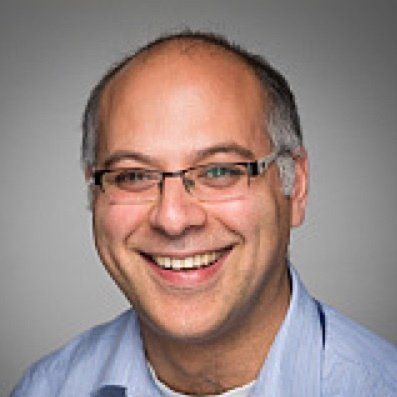How to Help
There are no 100% proven treatments for the many of the common problems that FD/MAS can cause. People with FD/MAS need researchers to develop new tests and treatments. Researchers need people living with FD/MAS to describe its impact on their life and engage in research. To do this, we have set up the Rare and Undiagnosed Diseases study (RUDY). To find out more please visit www.rudystudy.org.
A massive thank you to those of you who have already joined and completed the questionnaires every 6 months. We found out the some of you are suffering from a special type of pain that usual painkillers don't help and the impact of FD/MAS on sleep. Both of these pieces of information are now part of standard care for FD/MAS in the upcoming best practice patient pathway. In the UK, if everybody with FD/MAS joined the Rudy Study and completed all the questionnaires (especially the one on FD/MAS) then we could be the biggest group of FD/MAS patients in the world and the information would give research a huge leap forward. So please do go to www.rudystudy.org, check out our animation made by a person with a rare bone disease and do get in touch with us at rudy@ndorms.ox.ac.uk
if you have any questions.
Recruitment is now open to all adults and children with Fibrous Dysplasia, with a particular area of research into adults with and without pain from their bone cysts. If you are interested in finding out more, including how to register, please check the library on RUDY's website www.rudystudy.org.
Dr Kassim Javaid is among a group of doctors from the Botnar Research Institute in Oxford who have set up RUDY, a project aimed at 'Uniting Patients and Researchers to Investigate Rare Diseases'. Fibrous Dysplasia is one of the diseases included in this study. Once they have given their consent, patients will be asked to give information about their condition onto a data base. Patient confidentiality will be assured.
There was a kick-off meeting about the project in Oxford on 21st March 2019, where patients and doctors tried using the data base. Three members of the FDSS attended. This trial day generated some changes to the data base which are still being implemented.
The following presentations were made during the meeting and give more information about the project:


